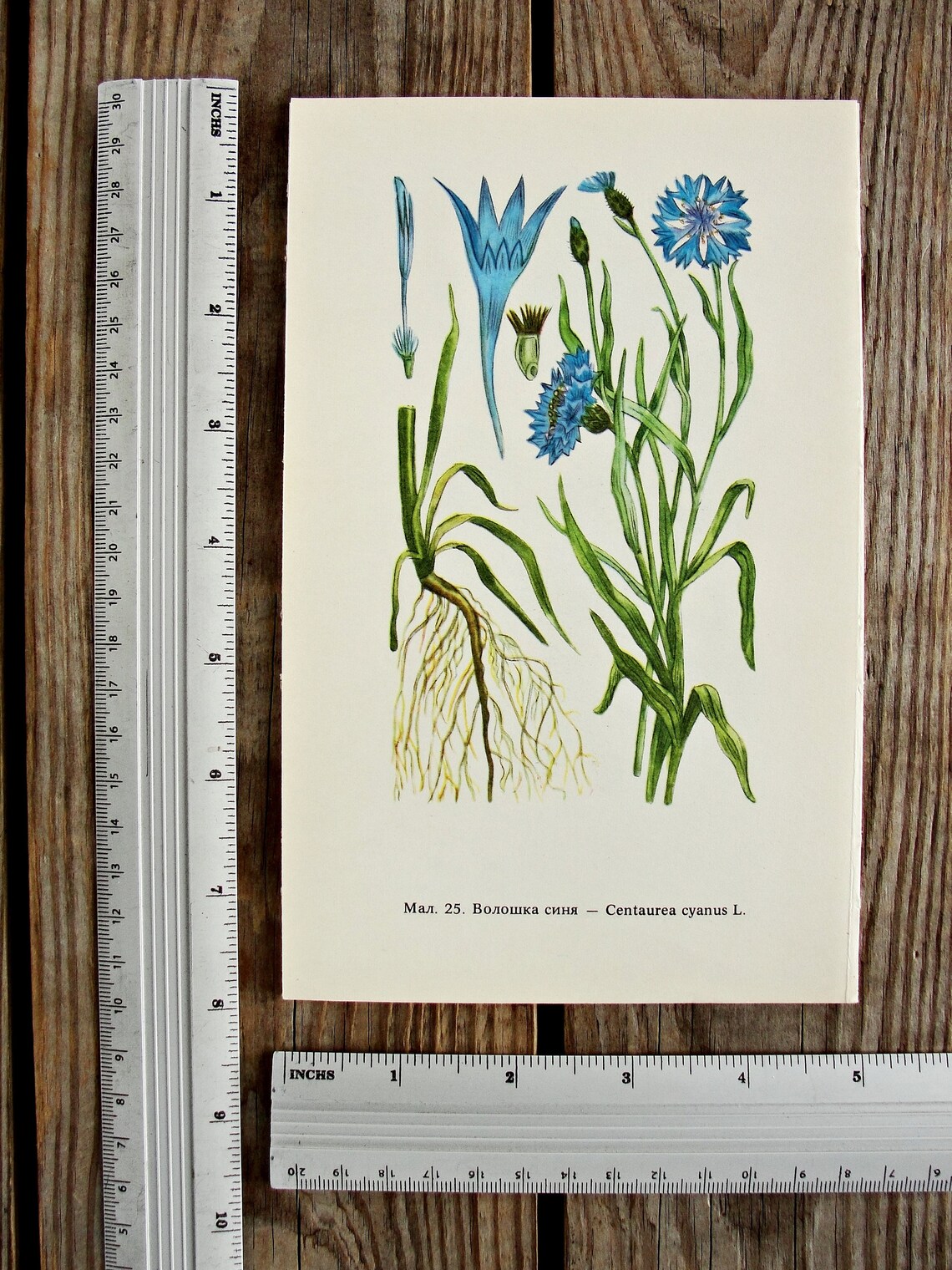

Seldom in these comments and reviews do I feel compelled to write with a sternly negative assessment. New York: Mariner Book, Houghton Mifflin Co., 1995. (Featured image Jilbert Ebrahimi on Unsplash.The Blue Flower by Penelope Fitzgerald THE BLUE FLOWER Writings: ‘Novels arise out of the shortcomings of history’. ‘She dies,’ Karoline tartly replies,’ because Goethe couldn’t think what to do with her next.’įitzgerald’s epigraph to the story is a quote from Novalis’ To Karoline, the clever, young housekeeper, Friedrich explains that Goethe’s heroine Mignon (in the Wilhelm Meister stories – no, me neither) ‘dies because the world is not holy enough to contain her’. But Fitzgerald sketches her hero’s philosophical obsessions deftly, almost teasingly, yet without condescension. The German Romantic philosophers and poets can be very heavy going. I nearly didn’t read this, highly praised and prized though it is. Some of the dialogues (and especially some of the unspoken asides) are laugh-out-loud.

Fitzgerald’s writing is precise and light and tight. Gradually, Friedrich wins her affection, her parents’ assent (not too difficult, if their daughter be allowed to grow just a little older), and finally his father’s blessing (very difficult). In his courtship he is aided, impeded, and exasperated by a superbly rich and varied cast of family members and friends. He falls in love with the young (very young!) daughter of an unacceptably bourgeois family.

Friedrich von Hardenberg (1772-1801), aka ‘ Novalis’, is a struggling young poet, philosopher and novelist (& impoverished minor aristocrat). Germany in the 1790s, the French Revolution rumbling in the background. Full stop.Īlthough, superficially, I must admit, the story is almost Mills & Boon. It is probably the best work of historical fiction ever written. A truly wonderful book, based on a true story. Penelope Fitzgerald, The Blue Flower (1995).


 0 kommentar(er)
0 kommentar(er)
